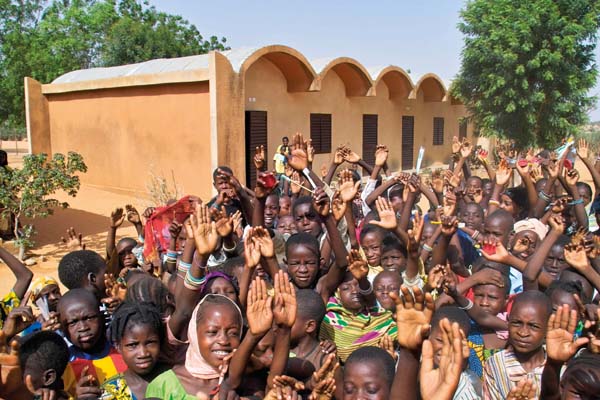moviescout.org – Niger, a landlocked country in the Sahel region of West Africa, faces significant challenges in the realms of poverty and climate change. This article delves into the multifaceted issues that plague the nation, highlighting the extreme poverty rates, the impact of climate change, and the efforts being made to combat these challenges.
Extreme Poverty
Niger is one of the poorest countries in the world, with a staggering 51.1% of its population living in extreme poverty. The country’s economy is poorly diversified, heavily reliant on agriculture, which is vulnerable to climate shocks. This economic fragility, combined with rapid demographic growth and weak governance, exacerbates the poverty situation. The World Bank reports that about 40% of Niger’s population lives below the poverty line, with 80% of the country’s land in the Sahara Desert, making it a hot and dry environment.
Climate Change Challenges
Niger is particularly vulnerable to the impacts of climate change. The country experiences long-term droughts, which severely affect its agricultural productivity and water resources. Climate change is projected to push up to 130 million people into poverty globally, and Niger is not immune to this trend. The effects of climate change are particularly harsh on children, who are at extremely high risk of its impacts, threatening their health, education, and protection.
Efforts to Combat Poverty and Climate Change
Despite the daunting challenges, Niger is taking steps to address these issues. The country is implementing climate-smart agriculture and sustainable land management practices to build resilience against climate change. The World Bank and other international organizations are providing support to enhance these efforts, aiming to improve food security and reduce poverty.
Conclusion
Niger’s journey towards overcoming extreme poverty and climate challenges is fraught with difficulties, but the country is making strides with the help of international support and local initiatives. Continued efforts and investments are crucial to ensure a sustainable future for Niger’s population.
